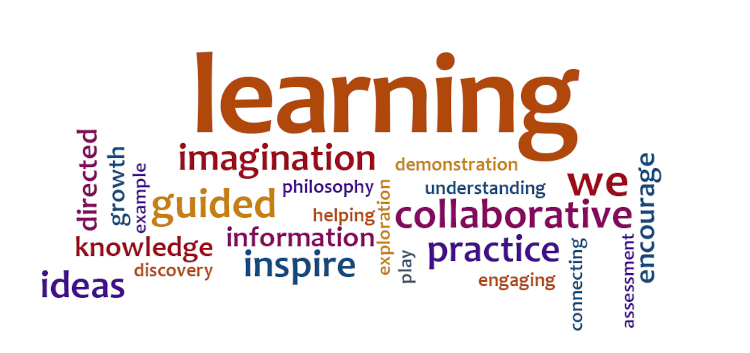“Learning How To Learn”
For singing lessons to be as effective as possible, they must have three very strong components in their design:
Concept. Exercises. Implementation.
If your teacher isn’t delivering all three, you’re being short-changed — and you might want to consider finding a better voice teacher, ideally one who could be considered a master teacher.
1. Concept
A great voice teacher designs your singing lessons with a clear plan in mind — they know exactly where they are taking you and the best way to get there.
It is essential that the teacher communicates this design and the overall scope of their lesson program to their student.
Why?
Because students practice more when they understand the why behind what they’re doing.
When students feel bought in to their curriculum — when they know what each exercise is for and how it will help them improve — they’ll work harder on their assigned tasks and improve at a much more rapid rate.
2. Exercises
Many of the key elements of good vocal technique involve muscular control.
Just like a physical workout routine builds your body, many of the exercises your teacher gives you are designed to build command of the muscles involved in singing.
These exercises support:
-
Breath control
-
Air column management
-
Vocal power and range
-
Awareness of placement
-
Volume control
Some exercises are specifically focused on mastering vowel sounds, allowing you to sing consistently well no matter which vowel or consonant appears in the lyrics.
Consistent practice of these exercises is imperative for developing tone and power.
3. Implementation
This is the most often neglected component in average vocal training — and it’s arguably the most important.
Far too often, students can perform a good tone in a vocal exercise, but have no idea how to apply that tone to actual singing.
This is where the rubber meets the road.
Implementation includes:
-
Controlling breath within the phrasing of a song
-
Adding or removing volume dynamically
-
Choosing when to use vibrato (or not)
-
Connecting consonants and vowels for clarity
-
Interpreting lyrics with emotional depth
These are the real reasons you’re taking lessons in the first place — to perform beautifully, not just vocalize in a vacuum.
Please do yourself a favor:
When you interview a voice teacher, make sure they cover all three areas:
-
They have a clear concept
-
They are masters of the vocal exercises
-
And they know how to help you apply it all in a real-world performance
Your future success as a vocalist depends on it.
You can count on getting all your vocal instruction needs met with The Singing Lesson Expert.
Source: http://thesingingblog.com

